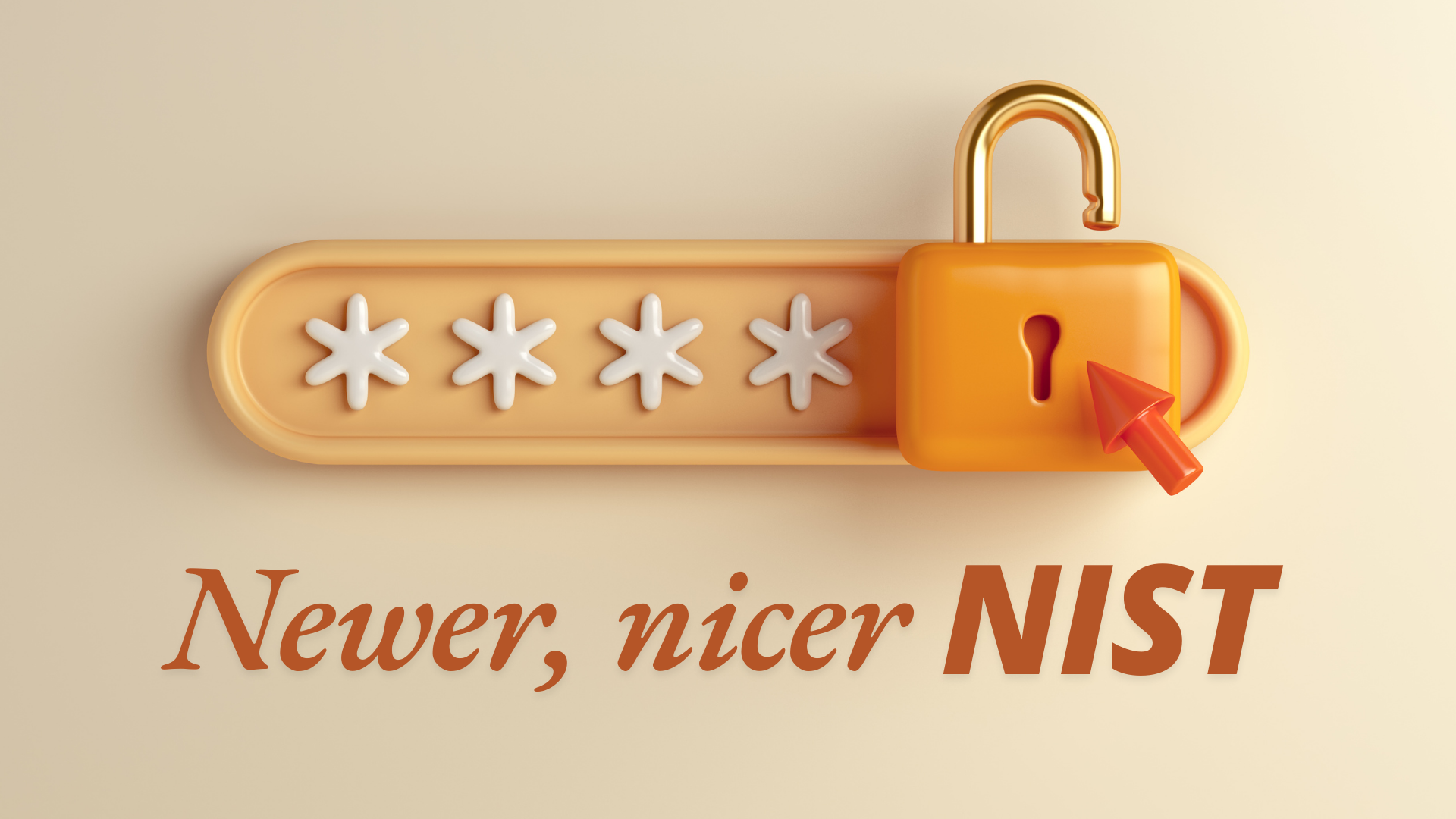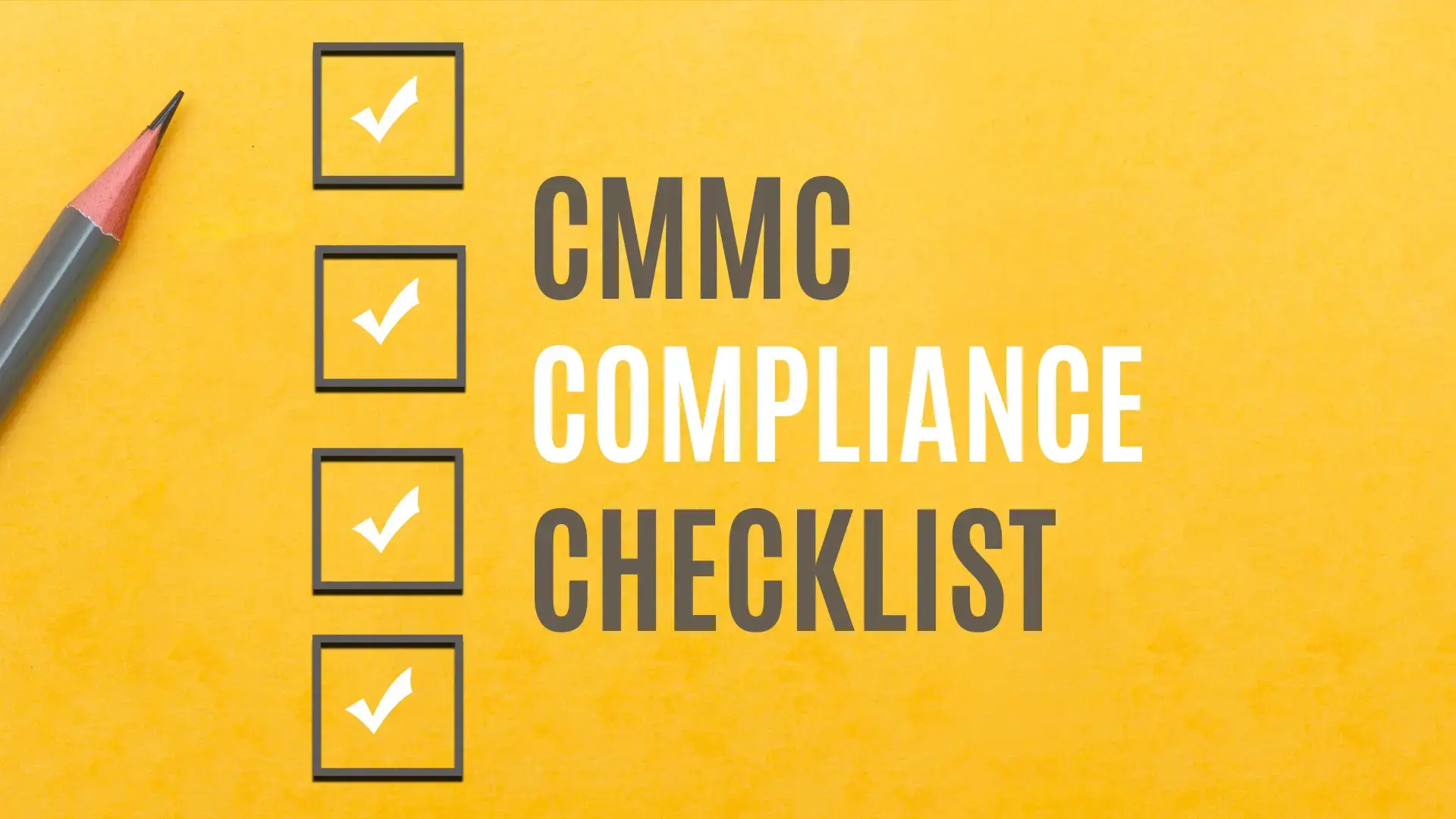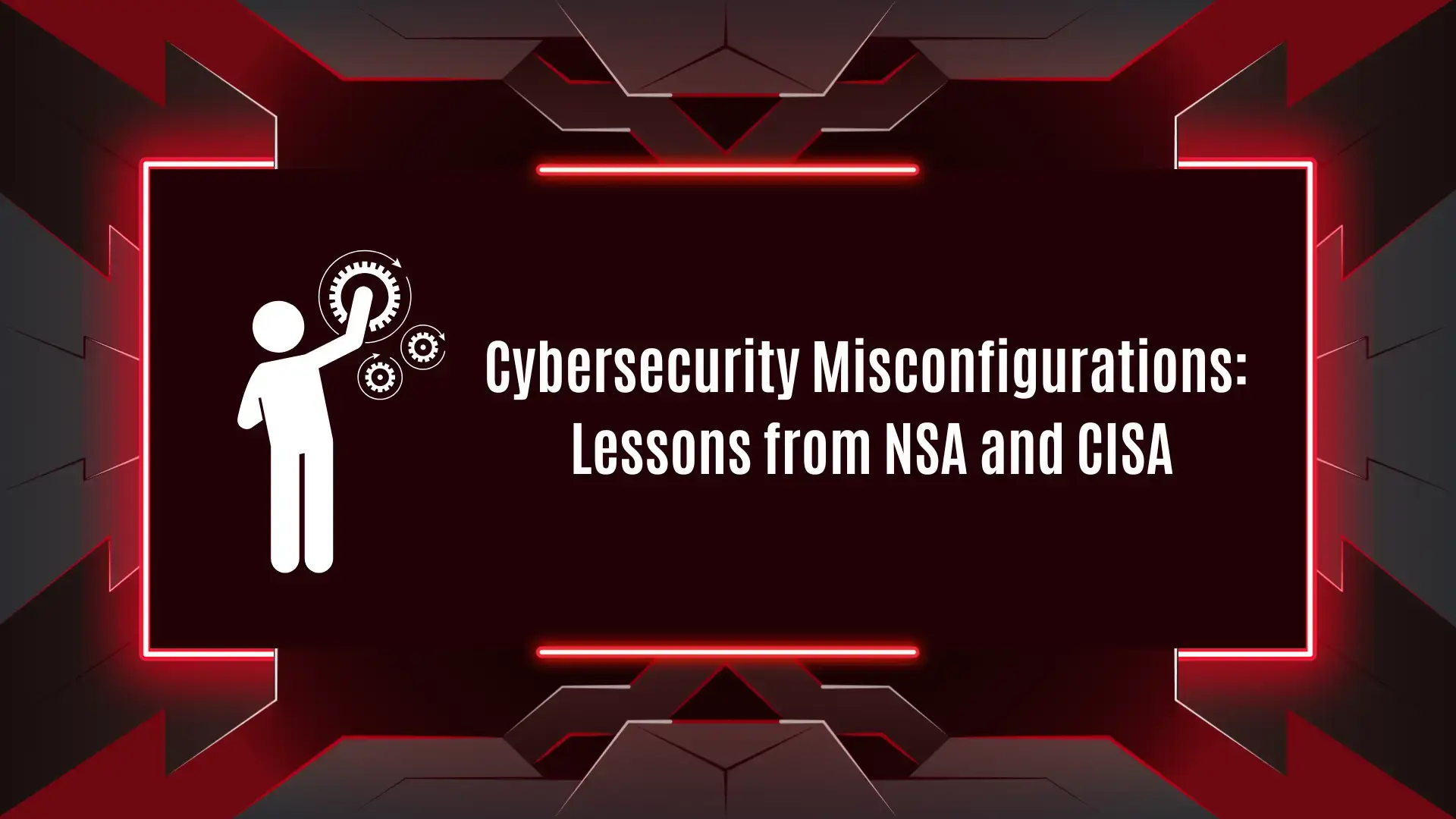Your First 5 Steps Toward CMMC 2.0 Compliance: A Simple Checklist
From "What" to "How" In our last post, we waded through the alphabet soup of government acronyms to explain what CMMC 2.0 is. You learned about the...
2 min read
Monreal IT : Updated on January 28, 2025

Hey there, tech enthusiasts and security-minded folks! Today, we're diving into the exciting world of...password guidelines! I know, I know, not exactly the most thrilling topic at first glance. But trust me, this is a big deal, especially with the recent update from the National Institute of Standards and Technology (NIST). You might know them as the folks who set the standards for, well, pretty much everything tech-related in the US.
Allow me to set the (likely familiar) scene. You’re sitting at your desk, furiously chewing on a pen cap, trying to come up with a password that meets those ridiculously complex requirements: at least one uppercase letter, one lowercase letter, a number, a symbol, a hieroglyphic, a lock of your firstborn's hair... It's enough to make you want to pull your hair out! But fear not, because NIST has heard our collective groans and has finally given those outdated password guidelines a much-needed makeover. We’re as happy as you are. (Probably happier!)
So, what's the big deal with these new guidelines? Well, for starters, they're ditching the old "complexity" rules. That means no more mandatory special characters or uppercase letters. Instead, the focus is shifting towards longer passwords and encouraging users to create passphrases that are easier to remember but harder to crack. Think "My favorite pizza is pepperoni with extra cheese" instead of "P@$$wOrd1!". Another major change is the recommendation to screen passwords against known breached credentials. This means that systems should check your password against a database of passwords that have been leaked in previous data breaches. If your password is on that list, you'll be prompted to change it, preventing you from falling victim to a credential stuffing attack.
You might be wondering why NIST decided to make these changes. Well, it turns out that those old complexity rules often led to people creating passwords that were predictable and easy to crack. For example, many people would simply substitute numbers for letters (like "P@$$w0rd" instead of "Password"). And let's be honest, how many of us have used "Password123!" or something similar at some point?
The new guidelines recognize that memorability is key. By allowing longer passphrases and eliminating unnecessary complexity, users are more likely to create strong, unique passwords that they can actually remember. Over the years, we’ve found that this approach is viable, and one that is digestible for non-power users. Additionally, by screening passwords against known breaches, we can further reduce the risk of account compromise.
These new guidelines are a win-win for both security and usability. You can finally say goodbye to those frustrating password requirements and embrace the era of longer, more memorable passphrases. But remember, strong passwords are just one piece of the cybersecurity puzzle. It's still crucial to enable multi-factor authentication whenever possible and to stay vigilant against phishing and other social engineering attacks.
If you're a business owner in the Cleveland area looking to enhance your cybersecurity posture, Monreal IT is here to help. We offer cutting-edge Managed IT Services Cleveland businesses trust, including comprehensive password management solutions and employee security awareness training. Our team of experts can help you navigate the ever-changing landscape of cybersecurity threats and ensure that your business is protected.
At Monreal IT, cybersecurity is in our DNA. We're committed to building powerful partnerships with our clients and delivering premium Managed Services Cleveland businesses need to thrive. Contact us today to learn more about how we can help you achieve your business outcomes while maximizing your technology utilization.

From "What" to "How" In our last post, we waded through the alphabet soup of government acronyms to explain what CMMC 2.0 is. You learned about the...

Wild sightings of the remote access trojan, NetSupport RAT, have spiked in days past. The folks over at The Hacker News recently detailed how...

Alright folks, grab your coffee (or your preferred caffeinated beverage, no judgment here), because we're diving into the thrilling world of...